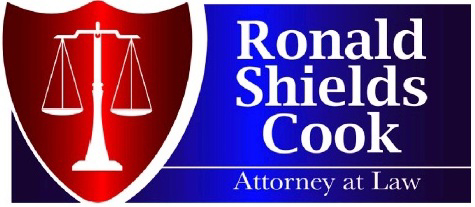The Fair Debt Collection Practices Act (FDCPA) is a consumer protection amendment, establishing legal protection from abusive debt collection practices, to the Consumer Credit Protection Act, as Title VIII of that Act.
The Federal Trade Commission originally had the authority to administratively enforce the FDCPA using its powers under the Federal Trade Commission Act. However, under the sweeping reforms of the 2010 Dodd-Frank Act, the FDCPA is enforced primarily by the Consumer Financial Protection Bureau.
FDCPA for Debt Collectors
A debt collector may escape a FDCPA penalty if it shows that a violation was unintentional and the result of a “bona fide error” that occurred despite procedures designed to avoid the error at issue.
When a consumer loses their lawsuit, and the court determines that the consumer filed the case in bad faith and for the purposes of harassment, the court will award attorney’s fees in favor of the debt collector. Often a debtor is not informed by their attorney that this is a risk to the debtor. The consumer’s attorney could be sanctioned depending on their conduct. If fees were collected, those fees could be disgorged. Depending on the circumstances, a debtor’s attorney could be banned from the court for a period of time. A debtor’s attorney could fact the risk of disciplinary action. A debtor’s attorney could find themselves facing the grievance committee for transgressions.
There have been many instances of consumer abuse of the FDCPA during recent years. Instead of using the FDCPA to protect themselves against abusive debt collectors, many consumers have abused the FDCPA for the purposes of seeking to obtain unwarranted money from debt collectors.
These consumers are not the “least sophisticated consumer” which the FDCPA is designed to protect. Many of these consumers will seek pre-suit settlements in amounts which are unjustified with full knowledge that the costs of defending an FDCPA lawsuit will more than likely compel the debt collector to simply settle the claim by paying a legally unjustifiable amount of money just to avoid the “costs of defense.”
Attorney Cook can help your debt collection firm successfully deter consumer attorneys from both filing FDCPA lawsuits. He has also been successful in convincing consumer attorneys to dismiss FDCPA lawsuits without any payment by the debt collector.
Services offered to debt collectors
Trial Defense
If an FDCPA lawsuit has completed the discovery phase and has been scheduled for trial attorney Cook will consider representing a debt collector at trial.
Opposing Motion for Attorney’s Fees
If a debt collector is faced with a motion for attorney’s fees, and believes that the fee request is excessive and otherwise unwarranted, attorney Cook will consider assisting a debt collector opposing a fees motion. Attorney Cook opposed a motion for attorney’s fees and costs in a federal FDCPA class action lawsuit against a large collection law firm. The District Court Judge adopted a recommendation by the Magistrate Judge which reduced by 30% the amount of fees sought by the Plaintiff’s attorneys. Importantly, the Plaintiff’s attorneys were also prohibited from seeking any further fees despite the fact that the parties had entered into a class settlement agreement and that notice had yet to be sent to a class of approximately 1,500 people.
Realistic Fees
Attorney Cook charges reasonable flat fees which enables debt collectors to defend FDCPA claims without risking potentially high hourly-billed fees which render fighting FDCPA claims economically unfeasible. Debt collectors should be aware that consumers are well aware of the potential high costs of “by-the-hour” defense fees. In contrast, reasonable flat fees allow debt collectors to defend FDCPA cases and otherwise send a message that they will not be used as an ATM machine for consumers.
Attorney Cook represents only those debt collectors who are truly interested in engaging in ethical debt collection and complying with the strict mandates of the FDCPA and other consumer protection statutes.
Attorney Cook has never been adjudged by any court of commencing an FDCPA lawsuit in bad faith or for the purpose of harassing a debt collector.
Past results do not predict future outcome.
